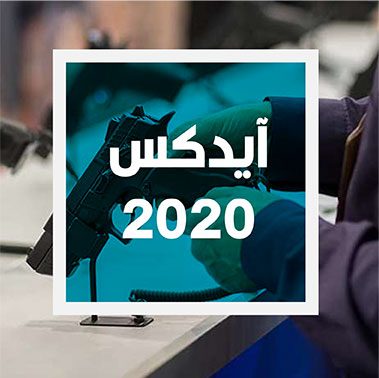The new Chinese strategy for Africa was formulated on the backdrop of the escalating global competition between Beijing and the West, which no longer views Africa as a mere source of energy and raw materials, but as an integral part of the global system Beijing aspires to shape in the coming decades.
This strategy represents the culmination of China’s moves from the mid-1950s, which led Beijing to provide technical and financial assistance to support the African anti-colonial revolution.
While in the era of reform and globalization, China focused on economic development and access to African energy and natural resources.
However, the Chinese strategy towards the African continent has been fundamentally reconfigured in the aftermath of the global economic crisis in 2008 based on shifts in the balance of power, which prompted China to adopt a proactive approach in terms of consolidating Chinese influence there, to make the continent the cornerstone of the Chinese-American policy.
Therefore, Chinese strategists describe Africa as a potential “outer line” that Beijing could use to annoy the US or divert its attention and contain its Indo-Pacific strategy, not to mention revitalize Chinese investments in African ports and the surrounding economic enclaves and expand its maritime deployment operations in the future.
Furthermore, China is very interested in securing access to raw materials and energy supplies, while it continues to explore the broader economic opportunities that Africa has to offer in the future.
African countries are part of a Chinese economic strategy called “dual circulation”, whose goals include creating a secure and viable economic sub-system largely detached from the West.
Moreover, ideology constitutes an important aspect of the African Dragon strategy, along with Beijing’s increasing desire to promote its “experience” as a source of inspiration that African countries can follow, and compare its policies with the failures of the liberal democratic path promoted by Western countries.
In addition, African countries represent a voting asset for China’s effort to legitimize its concepts and initiatives in international forums and on the world stage in general, which further serves its position as a global leader, as Beijing hopes that African countries will continue to support it whenever it is subjected to international pressure on contentious issues.
The “Belt and Road Initiative” is but a mere step towards a strategy that consolidates Beijing’s position as a dominant and central power in the world and redraws its map, through the construction of new railways, bridges, optical cables and 5G networks, and it is a strategy that does not involve open conflicts or military confrontations.














